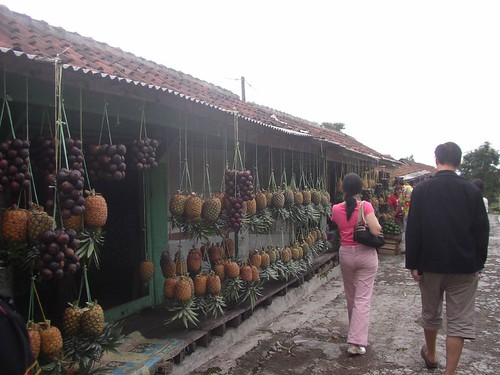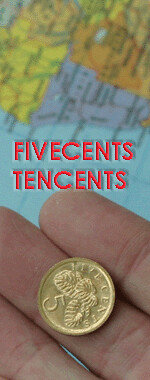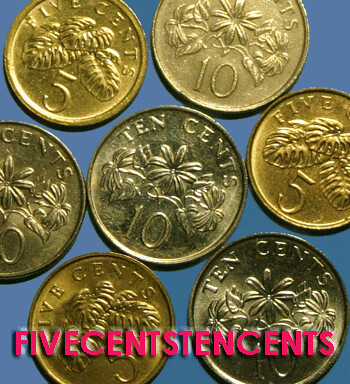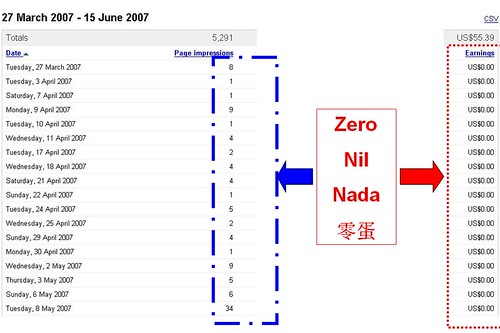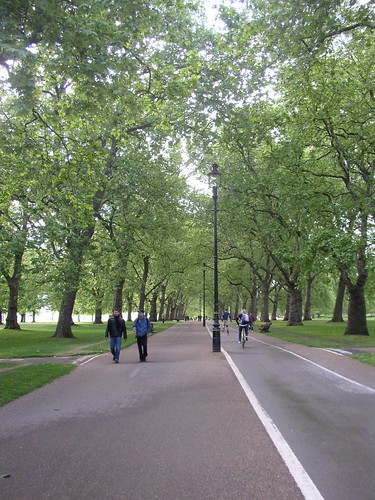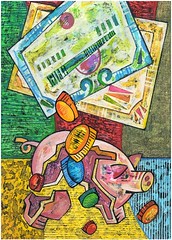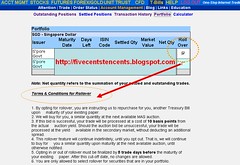Online Resources for Help in your Debt Problems with DebtHelp.com
The Americans are quite advanced in debt management as their consumer culture is one in which Singapore learns and emulates in many respects. The McDonaldisation of our credit card industry would have been much more aggressive if our Monetary Authority of Singapore had not stepped in with curbs and restrictions on the banks ability to provide unsecured credit to consumers. Currently you can get a credit card in Singapore if you are earning at least SGD 30,000 (approx USD 19,500) a year.
Review of Debthelp.com
One of that interesting websites that the US has is DebtHelp.com. It is a financial website that shares with consumers ways and means in which they can do mortgage refinance and debt consolidation. The types of debts covered in the website is pretty comprehensive: ranging from Student Loans to Housing Mortgages to tax debts. Mortgage refinance is an important aspect of debt management for many of you because your home mortgage is arguably the largest consumer long-debt you will get yourself into to finance your home.
Navigation and Interface
DebtHelp.com has a clean interface and splits up its content into the following main sections:
- Debt consolidation : debt consolidation loans, credit counselling and debt settlement
- Loans: Mortgage Refinance, Second Mortgage, Home Equity Loan, Home Equity Line
- Taxes: Offer in Compromise, IRS Payment Plans, Penalty Abatement, Tax Liens, Wage Garnisment Release, Business Tax Relief
- Students: Federal Loan Consolidation, Private Loan Consolidation
- Bankruptcy: Bankruptcy Options - Chapter 7/13/11/12
- Credit: Credit Report, Credit Repair, Credit Monitoring
- Help Center: Browse Articles, Debt Calculators, Website Problem
Interactivity with users
Debthelp.com also has interactive questionnaires that you can fill up with the amount of debt you have, your income level etc to learn more about possible ways you can restructure your debts. It's similar to what Singapore banks' websites have except that they usually help you borrow even more money! :-)
Relevant Articles
In addition, the website has useful articles on the right section of each page. Hence, if you are reading about Debt Settlement and want to read other relevant articles to this topic, you can just move to the right side and click on articles related to "Statute of Limitations" or "What is a Charge Off?: Prevention & Recovery" that pertain to the topic of debt settlement. This is a nifty feature which will save the reader some time in trying to search for further reading on his topic of choice.
Financial tools
There are also the useful financial calculators to help in computing whether it is worth refinancing your loan or whether you should pay off debt of invest your money. This is a perennial issue that is faced in Singapore by those of you who take up HDB loans at the concessionary rate of 2.6% and have CPF savings in your ordinary account giving you a 2.5% return. Now you can compute once and for all whether you should empty your CPF ordinary account into your loan or use your CPF OA monies to invest.
It might be worth you time to take a quick look at how the US's consumer debt environment is different in some respects to Singapore and yet the same in other areas.

